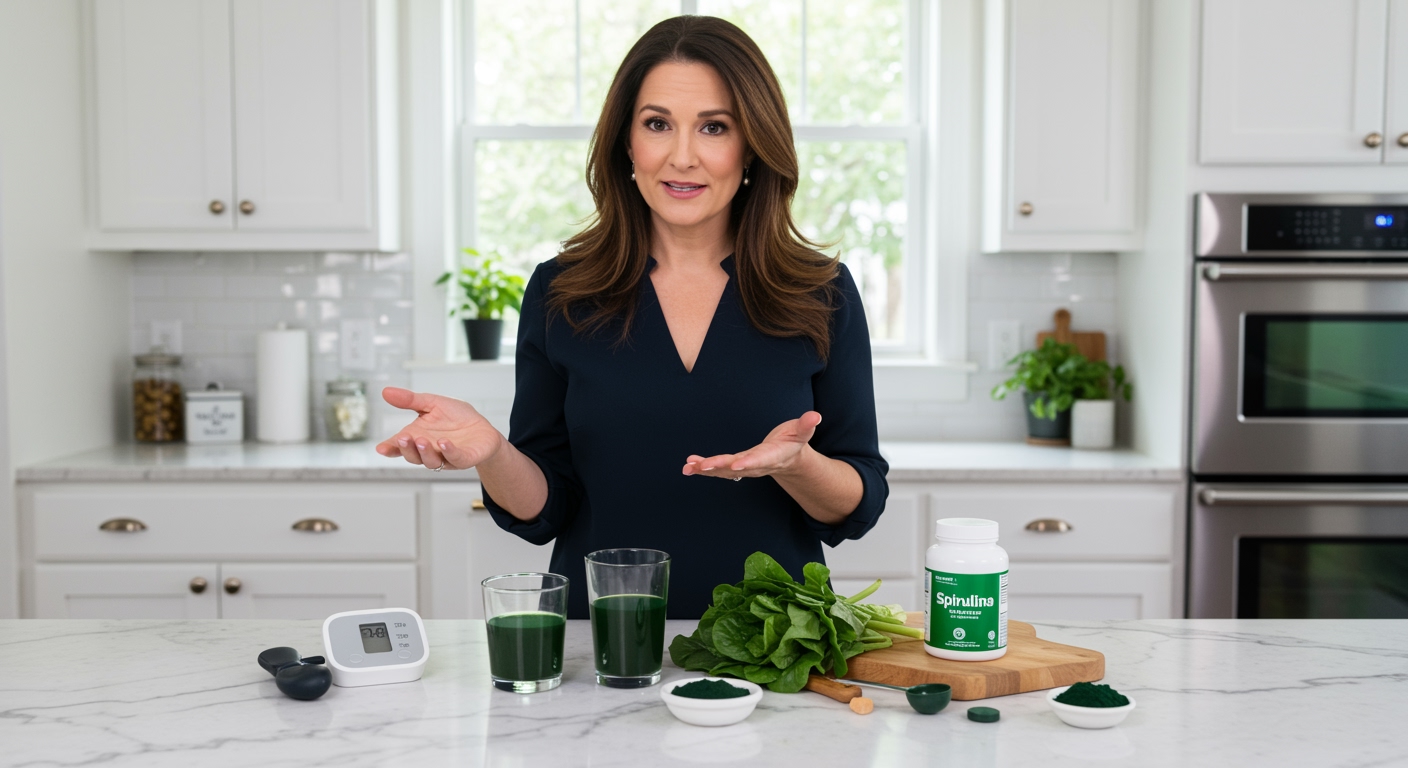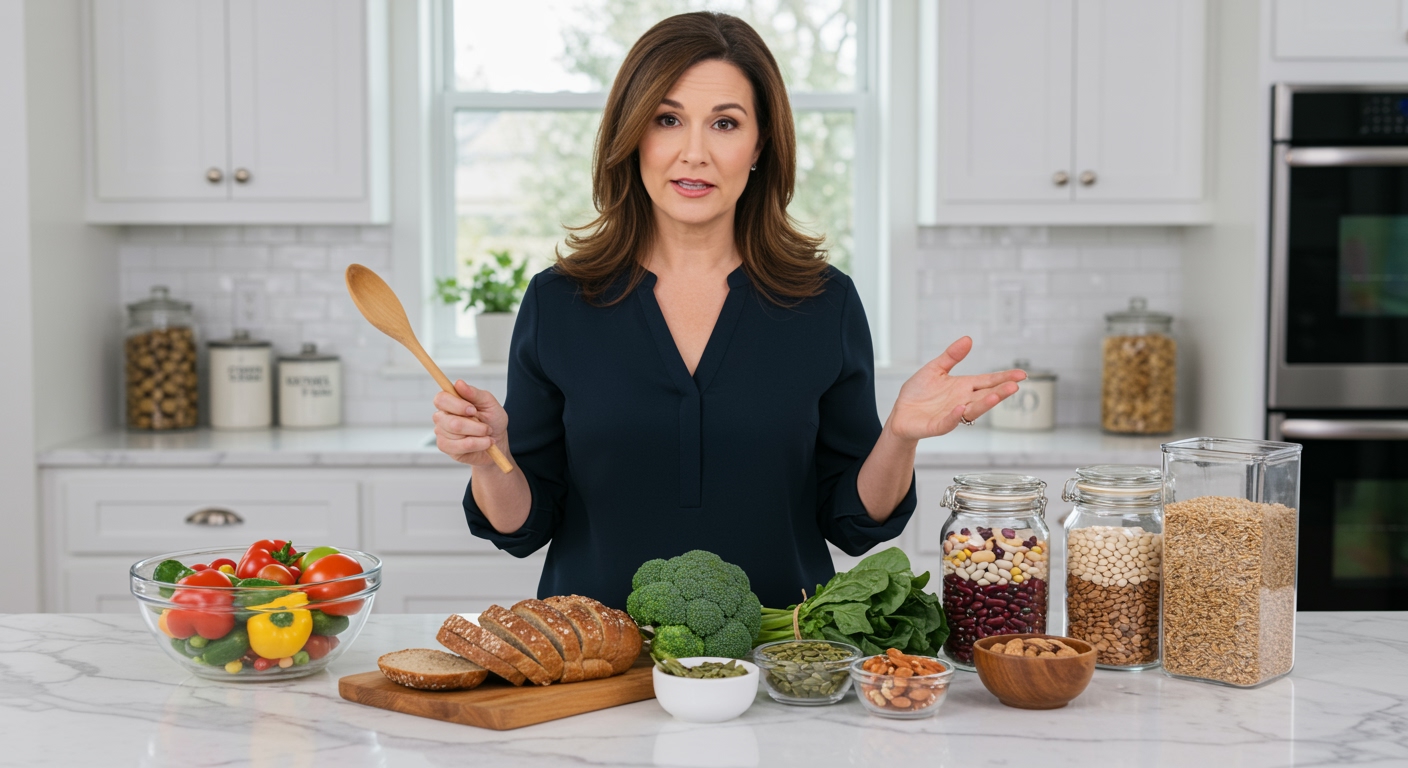✪ Key Highlight: New research shows creatine and beta-alanine stacking only benefits athletes doing repeated high-intensity bursts.
Introduction
Athletes spend billions on supplement combinations hoping for that extra edge.
A new systematic review published in Nutrients journal just shattered one of the most popular supplement myths in sports nutrition.
Hi, I’m Abdur, your nutrition coach and today I’m going to analyze this groundbreaking research that reveals when creatine and beta-alanine stacking actually works and when it completely wastes your money.
Does The Creatine Beta-Alanine Stack Actually Work?
Researchers analyzed seven randomized controlled trials to determine if combining creatine and beta-alanine provides real benefits.
The results surprised even the scientists conducting this review.
This supplement combination only helps with high-intensity exercise performance during repeated, short bursts of activity.
Think sprints, HIIT workouts, or combat sports where you need quick energy bursts followed by brief recovery periods.
However, the stack showed no additional benefits for building maximal strength, changing body composition, or improving aerobic capacity.
This means if your main goal is getting stronger or leaner, creatine alone provides the same results as the expensive combination.
✪ Fact: Most athletes waste money on supplement stacks that provide no additional benefits over single ingredients.
Why Does This Combination Fail Most Athletes?
Creatine and beta-alanine work through completely different mechanisms in your muscles.
Creatine increases phosphocreatine stores, which fuel short, intense efforts and help muscles recover quickly between sets.
Beta-alanine increases muscle carnosine levels, which buffers acid buildup during high-intensity activity.
The problem is that most training styles do not require both mechanisms simultaneously.
Strength training relies primarily on the phosphocreatine system, making creatine the star performer while beta-alanine sits on the bench.
Endurance training depends on aerobic metabolism, where neither supplement provides significant advantages.
Only specific activities that combine rapid energy demands with acid buffering needs benefit from both supplements working together.
✪ Pro Tip: Match your supplement strategy to your specific training demands rather than following generic stacking advice.
What Does The Research Say About Dosing?
The reviewed studies used wildly different protocols, revealing a major problem in supplement research.
Some studies included creatine loading phases while others used maintenance doses from the start.
Beta-alanine doses ranged from 3.2 to 6.4 grams daily, creating inconsistent results across studies.
This lack of standardization makes it impossible to recommend optimal dosing strategies for the combination.
One study found that four weeks of beta-alanine followed by one week of creatine loading improved power and cognitive performance in military personnel.
However, other studies using different timing and doses showed minimal additive effects.
This inconsistency suggests that supplement timing and individual response patterns play crucial roles in effectiveness.
✪ Note: The lack of standardized protocols means more research is needed to determine optimal dosing strategies.
Who Actually Benefits From This Stack?
The research identifies specific athlete populations who might benefit from combining these supplements.
Combat sports athletes who need explosive power followed by rapid recovery between rounds show the most promise.
Sprinters performing multiple events in track meets might gain advantages from enhanced energy production and acid buffering.
HIIT enthusiasts who push through repeated high-intensity intervals could experience reduced fatigue and better performance maintenance.
However, one study found that women doing combined endurance and strength training showed no additional anaerobic power benefits.
This suggests that training context matters significantly in determining supplement effectiveness.
Athletes focused purely on strength, powerlifting, or endurance sports should stick with creatine monohydrate alone.
✪ Pro Tip: Evaluate your specific sport demands before investing in expensive supplement combinations.
The Bottom Line
The creatine and beta-alanine stack is not a magic bullet for most athletes despite aggressive marketing claims.
Smart supplementation matches your specific training demands rather than following popular trends.
Share your thoughts about supplement stacking in the comments below and let me know what combinations you have tried and their results.
References
At NutritionCrown, we use quality and credible sources to ensure our content is accurate and trustworthy. Below are the sources referenced in creating this article:
- News Medical: Can stacking creatine and β-alanine give you extra gains? Here’s what science says
- PMC: Creatine and Beta-Alanine Supplementation Research
- PMC: Effects of Combined Supplementation
- Journal of Exercise and Nutrition: Performance Enhancement Through Supplementation
- CarnoSyn: Beta-Alanine vs Creatine Comparison





